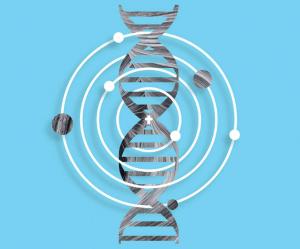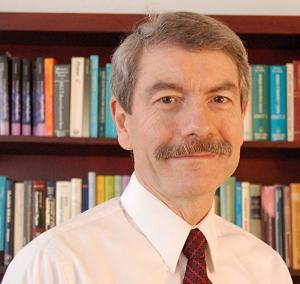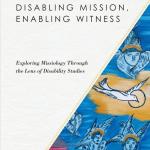
Ian Hutchinson recently wrote, Can a Scientist Believe in Miracles?: An MIT Professor Answers Questions about God and Science. Most of the book is a set of questions and answers he’s taken up in various presentations on faith and science.
Having read his book, I find most of it is good but a few of the questions could be better explained with some Catholic presentations like John Paul II’s Fides et Ratio.
The first chapter is a spiritual biography tracing his own studies and doubts about the faith. Eventually, he accepts the faith as true as all the arguments against it seem to be arguments that can apply to other knowledge too.
In his biography, he notes how he struggled with secularism vs Christianity, eventually choosing the latter. At first, he didn’t think much about Christianity knowing it was inconvenient, but as he began to think, it made more sense. He explains, “I had as much difficulty with the enlightened attitude as I did with Christianity. It seemed pretty obvious that despite the material benefits of science and technology, the secular society and the academy was, if anything, doing a worse job at developing and sustaining the virtues I valued: truth, integrity, rationality, compassion.” (5)
As far as his questions, you can read each chapter and almost each question independently. Once or twice, I wished he might have gone deeper but overall his answers are very good on a topic that many struggle with today. Let me review a few responses I found helpful.
Regarding reconciling the scientific understanding of matter and the reality of a spiritual world he notes, “Reconciling matter and spirit is not intrinsically more difficult than reconciling body and mind or ink and literature or sound and music. They are aspects of the world at different levels of description, the one embodying or expressing or supporting the other.” (27)

Hutchinson points out in several ways how Christianity is and the knowledge by faith and authority in religion is similar to other knowledge. He explains that a scientist who doesn’t take the authority of prior scientists will spend all his time repeating, not discovering, likewise in religion we take some knowledge by authority. This relates to faith we have both in God and in our fellow man and institutions. Then, he notes that science developed in Christian societies, as Christianity was fertile soil for such exploration due to our metaphysical beliefs.
He argues for the authority of faith and science each in their proper realm. He states, “Knowledge in natural science rightly commands respect.” (100) But at the same time clarifies, “Scientism is science attempting to go beyond its own competence, and in a sense invading areas where other types of knowledge are required.” (89) At the same time, he clarifies what “literal” means in Biblical interpretation (hint, a literal reading of Genesis 1 is as a religious text not a scientific textbook). He notes the limits of science in talking about God: “Asking for scientific evidence of God’s personal character is asking too much, not of God but of science. Science is not well-equipped to discover the personal character of God.” (214) And he critiques both extremes – fundamentalism and scientism – that create bumper stickers but both lack part of knowledge and end up in an endless and fruitless rivalry.
If you are struggling with how faith and science relate, Hutchinson’s book is a good explanation to begin with. At times, the Protestant lack of philosophy comes out but it is not that strong. I would highly recommend this book.
Notes:
- Please support me on Patreon so I can make more book reviews like this.
- I got a free copy of this book from the publisher in the hope I’d review it.












